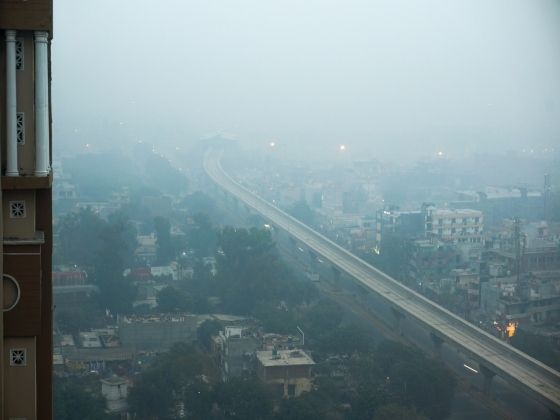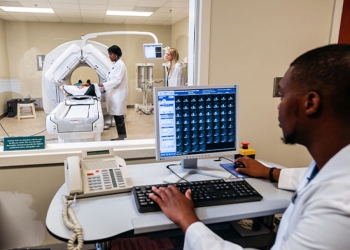The city’s ambient air sharply deteriorated on Friday when thousands of citizens went out to celebrate on Christmas Eve. The air quality index across the seven automatic air quality monitoring stations turned red (very poor) from brown (poor). Exposure to ‘very poor’ air (AQI: 301-400) may trigger a series of health issues — from respiratory distress to heart attack — said, health experts. Even at stations like Victoria, Fort William, and Rabindra Sarobar, which are located in the green zones of the city, the AQI figures were hovering near the very poor.
The air quality index across the seven automatic air quality monitoring stations turned red (very poor) from brown (poor). Exposure to ‘very poor’ air (AQI: 301-400) may trigger a series of health issues — from respiratory distress to heart attack — said, health experts. Right from the morning, the air quality kept deteriorating to very poor levels at four stations — Ballygunge, Bidhannagar (Salt Lake), Jadavpur, and Rabindra Bharati University (BT Road).
People with poor oral health can end up with more severe symptoms if they catch the coronavirus
Even at stations like Victoria, Fort William, and Rabindra Sarobar, which are located in the green zones of the city, the AQI figures were hovering near the very poor. This is the first time the city’s average air quality has plunged from poor to very poor. The earth’s surface temperature remains lower than the temperature of the atmosphere in the upper strata, making the process of dispersal very low, with vertical wind velocity falling sharply. Thus pollutants hang low in the atmosphere at the breathable height of people, explained a scientist at WBPCB.
AQI is a system to warn the public when air pollution is dangerous. AQI tracks particle pollution as well as five other widespread air pollutants like SO2, NO2, ozone (smog), CO, and NH3. Even if you are healthy, it’s not right to assume that you are safe in such polluted air, said senior pulmonologist Dr. Arup Halder.























